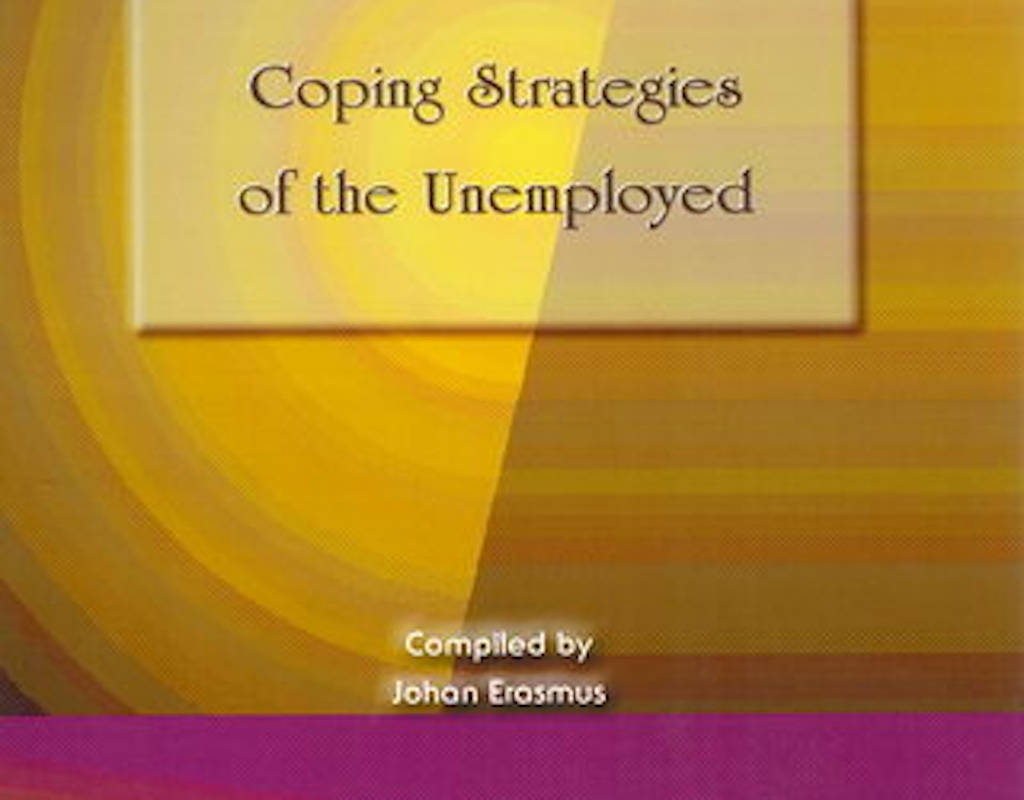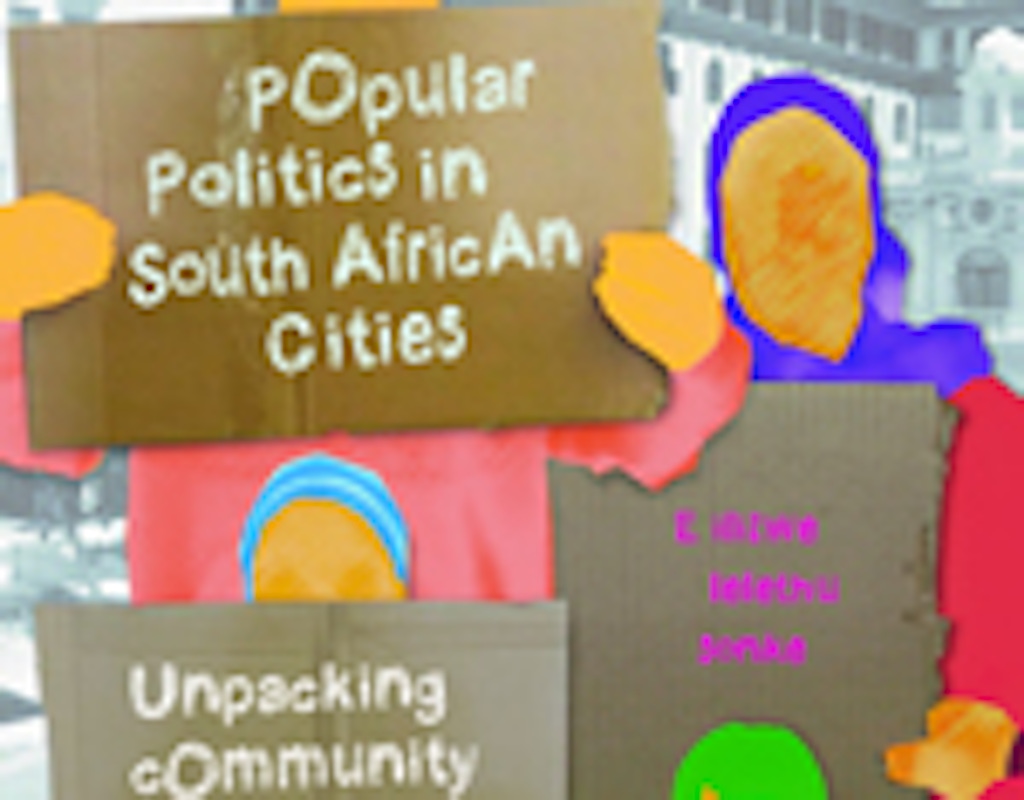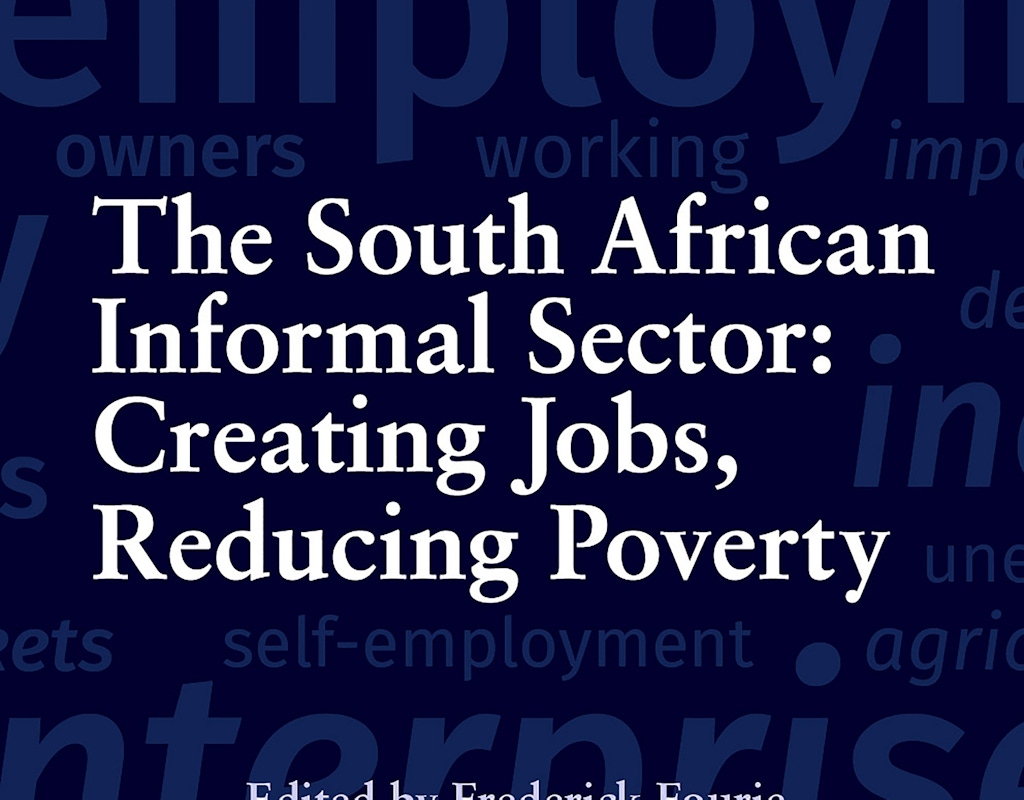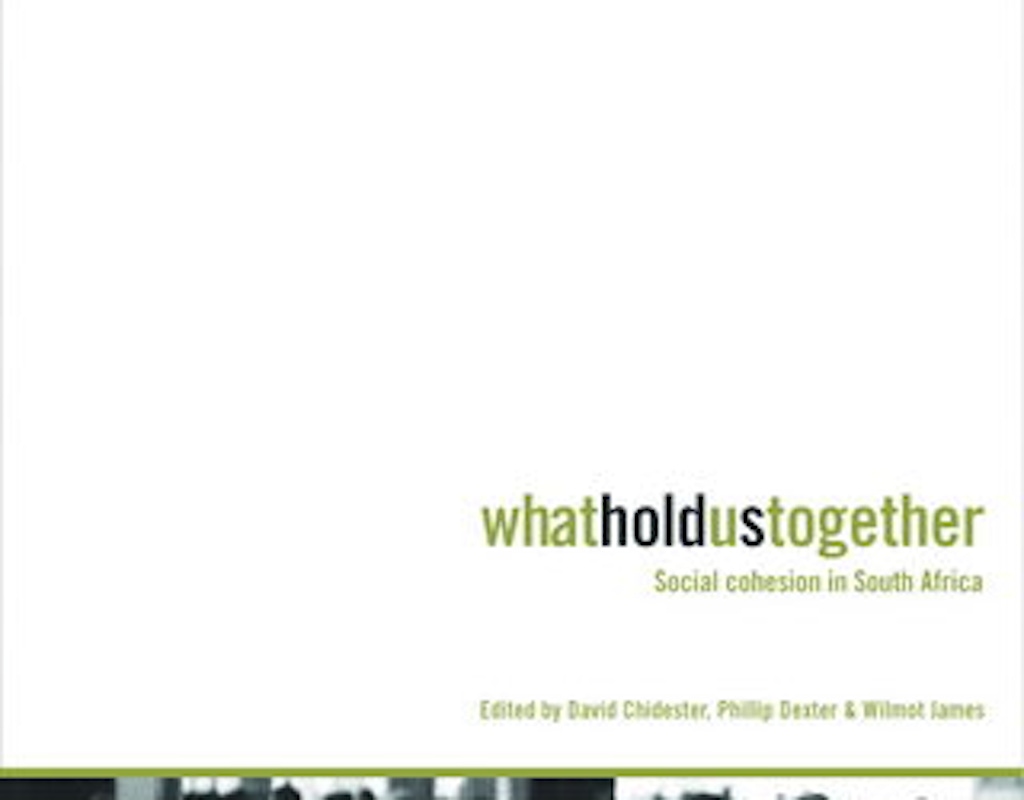
While the South African government is tackling poverty amongst its citizenry as a national priority and has developed various pro-poor initiatives, how generously do ordinary South Africans give of their own time and money to assist with the alleviation of poverty, and why?
Who in the corporate sector is giving, how much, to what causes, and what do they hope to achieve as a result? How effective are religious institutions in mobilising and distributing individual and public resources? What do foreign donors provide and what is the effect of their contributions?
For the first time in South Africa, a range of seasoned and new voices, tackle the tricky questions of who is giving and how much. They provide an overview of the South African governments policy on poverty relief and development and show that giving in South Africa cannot be conceived in a unilinear direction from rich to poor communities and that indeed, giving within poor communities is crucial to their very survival.
From this analysis, invaluable insights into the dynamics of poverty and giving in South Africa are created and policy and strategic implications relevant for governance in contemporary South Africa are drawn.
Product information
- Giving, development and poverty alleviation
Adam Habib, Brij Maharaj and Annsilla Nyar - A nation of givers? Results from a national survey of social giving
David Everatt and Geetesh Solanki - Religion and development
Brij Maharaj, Adam Habib, Irwin Chetty, Merle Favis, Sultan Khan, Pearl Sithole and Reshma Sookrajh - Resource flows in poor communities: a reflection on four case studies
Mandla Seleoane - New whims for old? Corporate giving in South Africa
Steven Friedman, Judi Hudson and Shaun Mackay - The colour of giving: racial identity and corporate social investment
Steven Friedman, Judi Hudson and Shaun Mackay - Foreign donor funding since 1994
Deborah Ewing and Thulani Guliwe - Contextualising social giving: an analysis of state fiscal expenditure and poverty in South Africa, 19942004
Mark Swilling, John van Breda, and Albert van Zyl



